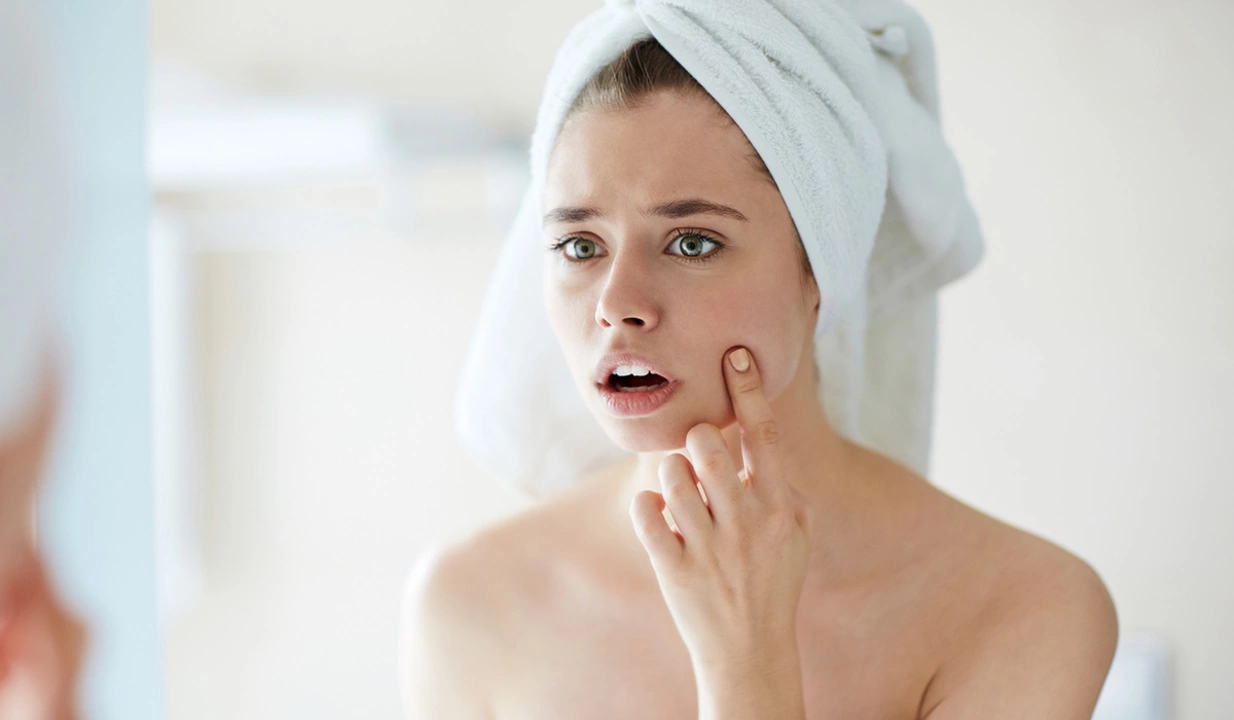Acne
Acne isn't just teenage drama — it can hit at any age, affect your self-esteem, and leave scars you don't. If you want straightforward, useful advice without hype, this page collects practical tips, proven treatments, and smart ways to avoid common mistakes.
Start with basics: acne forms when hair follicles clog with oil and dead skin cells, often with bacteria making things inflamed. Hormones, genetics, certain medicines, and even tight masks can make it worse. Spot treatments can help for short flare-ups, but persistent or cystic acne needs a different plan.
Quick at-home fixes
Simple steps improve most mild acne. Wash your face twice daily with a gentle cleanser, not harsh scrubs. Use non-comedogenic moisturizers and oil-free sunscreen. Over-the-counter options like benzoyl peroxide and salicylic acid work for many people — benzoyl peroxide kills acne-causing bacteria, while salicylic acid unclogs pores. Apply topical treatments consistently for at least eight weeks before judging results. Avoid squeezing pimples; that raises infection risk and increases scarring.
When over-the-counter options fail
If pimples are deep, painful, or leaving marks, see a dermatologist. Prescription choices include topical retinoids, oral antibiotics, and hormonal therapies for women. Isotretinoin (Accutane) is often the most effective for severe cystic acne — it can clear acne long-term but has real side effects and requires close medical monitoring. Read our Accutane article for a clear look at benefits, risks, and what to expect.
Skin care tips that actually help. Gentle is better. Use lukewarm water and soft towels. Switch dirty pillowcases and phone screens often; they collect oil and bacteria. Avoid heavy makeup, or choose non-comedogenic formulas. For treating marks, ingredients like niacinamide and vitamin C can reduce redness and dark spots over time. For depressed scars, professional options like microneedling or fillers work better than creams.
Diet and lifestyle. Diet doesn't cause acne for everyone, but some people notice more breakouts with high-glycemic foods or dairy. Try tracking what you eat if you suspect a link. Sleep, stress management, and not smoking also help skin heal faster.
What to expect from treatments. Most acne treatments take weeks to show progress. Expect some initial irritation with new topical medications; lower the frequency and build up tolerance. Keep realistic goals — clearing acne often reduces but doesn’t always erase scars. Follow-up care and sunscreen are essential.
Explore related articles on our site for deep dives: Accutane details, skin-soothing herbal options like Jewelweed, antibiotics and their alternatives, and gut-skin links such as probiotics. You’ll find guides on using inhalers or medications safely and tips for buying meds online responsibly.
If you're frustrated, you're not alone. Use the tips here, try a consistent routine, and ask a dermatologist when needed. Skin can improve, and with the right steps, you’ll see change.
Remember to patch-test new products on a small area, avoid mixing strong actives like benzoyl peroxide and retinoids at the same time, and ask about antibiotic resistance if you're prescribed oral antibiotics. Join support groups or forums to share tips and stay patient. Keep going steadily.

Sunburn and Acne: What You Need to Know
As a blogger who's experienced the pain of sunburn and the annoyance of acne, I wanted to share some essential information with you all. Sunburn can cause skin irritation that might lead to acne breakouts, so it's crucial to protect your skin from harmful UV rays. It's also important to avoid oil-based sunscreens, as they can clog pores and worsen acne. Instead, look for non-comedogenic and broad-spectrum sunscreens to keep your skin healthy and clear. Lastly, remember to stay hydrated and moisturize to help your skin heal from sunburn and prevent acne outbreaks.
